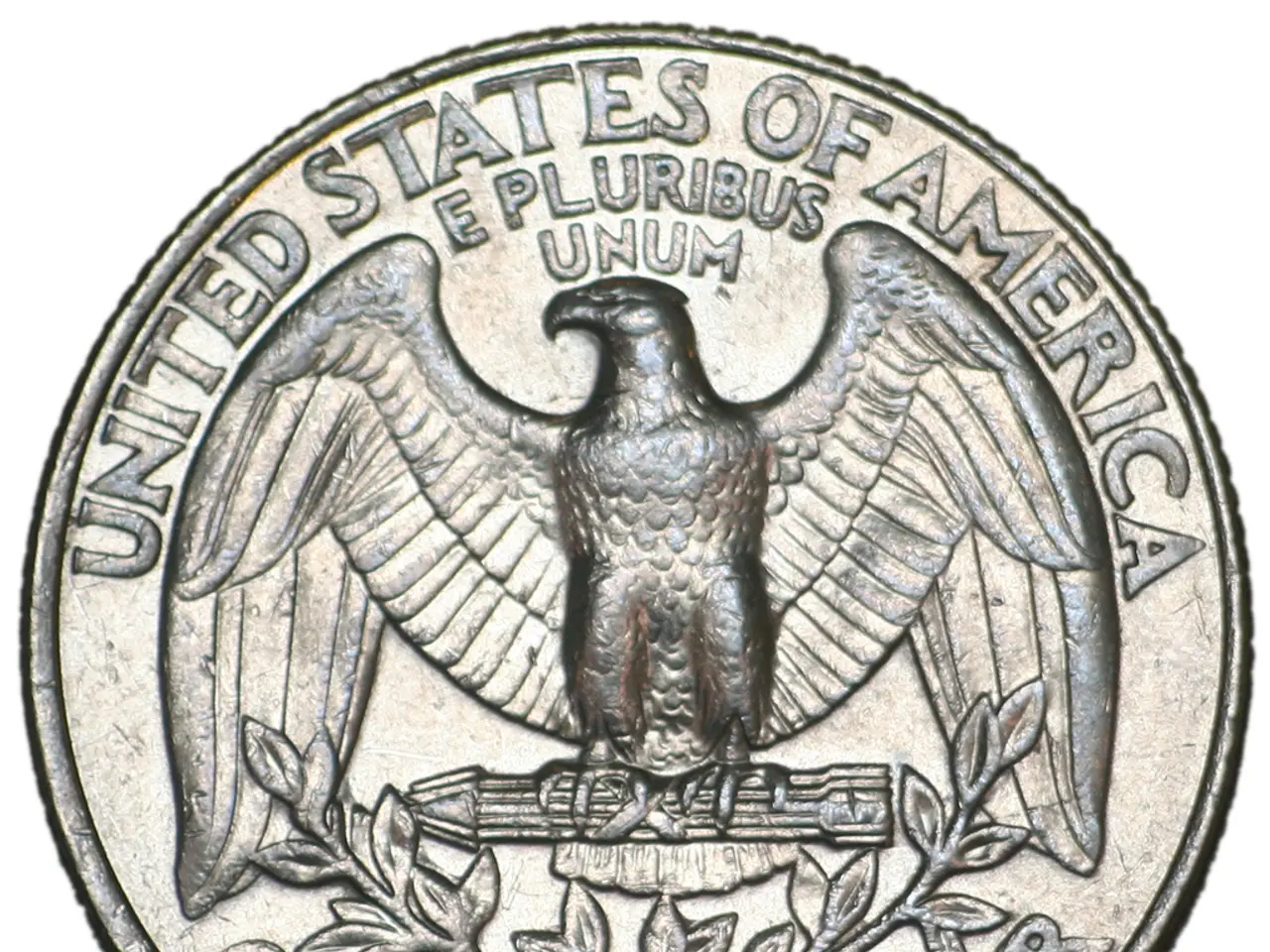Daily cash withdrawal limit from Philippine banks set at PHP 500,000 by the BSP
The Bangko Sentral ng Pilipinas (BSP), the central bank of the Philippines, has announced a new regulation aimed at curbing illicit funds and reducing the risks of money laundering and terrorism financing. The new rule, outlined in Circular No. 1218, was approved by the Monetary Board on September 18, 2025, and is expected to take effect immediately following its publication.
The new regulation sets a daily limit of PHP 500,000 on over-the-counter cash withdrawals and payouts from banks and non-bank financial institutions. This limit applies to the total of all transactions conducted by a customer within a single banking day.
Customers must now conduct any transactions exceeding the threshold through non-cash methods such as cheque, fund transfers, direct credit to deposit accounts, or digital channels. Financial institutions may still approve cash payouts above the cap, but only after conducting enhanced due diligence (EDD).
The BSP's latest risk assessment identified large cash transactions as a significant vulnerability for moving illicit funds through the financial system. The new rule is part of a broader effort by the BSP to modernize and strengthen the Philippine financial system.
Former Finance Secretary Cesar Purisima has previously called for tougher curbs on cash, warning that the country's reliance on banknotes has made it easier for corruption to thrive. The BSP's new regulation is a reflection of these calls.
The process of conducting cash transactions above the limit requires the customer to provide additional identification. If an institution is unable to complete the EDD process or suspects it could alert a customer to an investigation, it must file a suspicious transaction report with the Anti-Money Laundering Council (AMLC).
The new rule does not specify any exceptions to the EDD process or the filing of suspicious transaction reports with the AMLC. The BSP has not yet announced any penalties for non-compliance with the new rule.
The featured image for this article is by fanjianhua via Freepik. However, it's important to note that the name of the former Finance Minister of the Philippines associated with advocating strict measures against cash fraud and linked to the BSP enforcing a PHP 500,000 daily cash withdrawal limit is not explicitly identified in the provided search results.
This new regulation is a significant step towards modernizing the Philippine financial system and addressing concerns about the risks of money laundering and terrorism financing linked to large-value cash transactions. It underscores the BSP's commitment to maintaining the integrity and security of the financial system.
Read also:
- Deepwater Horizon Oil Spill: BP Faces Record-Breaking Settlement - Dubbed 'Largest Environmental Fine Ever Imposed'
- Meta Unveils Ray-Ban AR Display Sunglasses; TikTok Agrees to $200 Million Deal
- Historic downtown temples to receive restoration funds totaling over 25 million pesos
- Cars' Environmental Impact Explained




